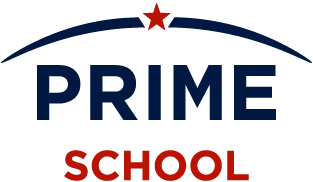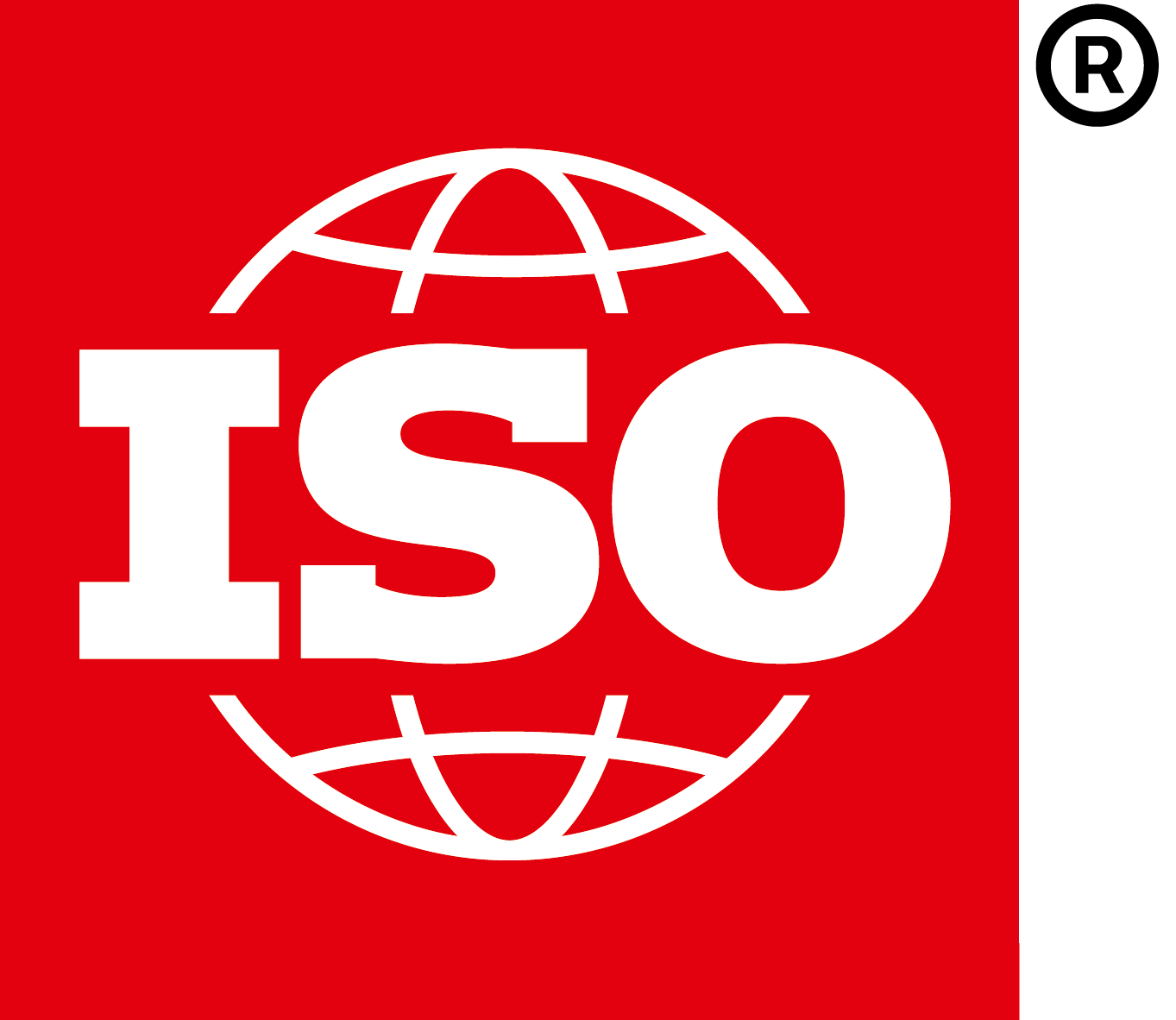Cambridge Advanced
Master advanced disciplines through Cambridge A Levels and AICE Diploma, with comprehensive university counselling that opens doors to top university pathways.
Ages 16–18
Years 12–13
14 Subjects
Plus extracurricular activities
67+ Nationalities
Truly international community
3 Campuses
Sintra • Estoril • Lisbon
A Foundation for Life
Master 3–4 A Level subjects with expert teaching and dedicated university counselling. Choose AICE Diploma for breadth or A Levels for depth—both pathways maximise university success.

Academic Excellence
Master 3–4 A Level subjects through university-style seminars with expert teachers. Our rigorous approach consistently delivers A*–B grades and exceptional university outcomes.

Research
& IPQ
Supervised research projects that differentiate your application and earn UCAS points. Develop the critical analysis and academic writing skills that impress admissions tutors.

University
Counselling
Expert guidance through every application step—personal statements, Oxbridge interviews, admissions testing, and scholarships. Proven track record of Russell Group and Ivy League acceptances.

Global
Pathways
Navigate UCAS, Common App, EU systems, and visa requirements with confidence. Strategic support that maximises university offers and financial aid opportunities worldwide.
Curriculum Framework
14 advanced subjects designed for university success and specialist mastery.

Mathematics
Pure mathematics, statistics, and mechanics providing rigorous preparation for STEM degrees.

Physics
Mechanics, electromagnetism, quantum physics, and astrophysics with advanced practical work.

Chemistry
Organic, inorganic, and physical chemistry through theory and extensive practical work.

Biology
Molecular biology, ecology, genetics, and human systems with extensive laboratory investigation.

Physical Education
Sports science covering biomechanics, exercise physiology, and sports psychology.

English
Language and literature developing critical analysis, sophisticated expression, and advanced writing techniques.

Portuguese
Language and literature for native and advanced speakers, developing critical analysis and composition skills.

Spanish
Language and Hispanic culture developing high-level communication and analytical skills.

History
In-depth analysis of specific periods with source evaluation, interpretation, and independent investigation.

French
French language and culture developing fluency in communication, literature analysis, and cultural understanding.

Business
Comprehensive studies in management, marketing, finance, and entrepreneurship preparing you for competitive business degrees.

Digital Media
Video production, graphic design, and digital storytelling combining practical creation with critical media theory.

Global Perspectives
Independent research on global issues, building analytical thinking and presentation skills that universities highly value.

Psychology
Scientific study of human behavior covering cognitive, social, and biological psychology with research methods.
The Prime Methodology™
The Prime Methodology™ for Cambridge Advanced combines refined diagnostics, research-led teaching, and future pathway coaching so students thrive in A Levels and at university.
Advanced Diagnostics & Personalised Pathways
Prime Assessment integrates psychometrics, attainment data, and ambitions to design bespoke A Level programmes.
- A Level subject mapping aligned to university prerequisites and career goals.
- Predicted grade modelling and exam-readiness analytics steer precision targets.
- Individual supervision meetings convert insight into strategic action plans.
Cambridge Advanced & Applied Expertise
Seminar-style enquiry merges rigorous Cambridge content with authentic professional contexts.
- Extended practicals, research projects, and academic writing intensives.
- Industry briefs, internships, and partner collaborations deepen subject mastery.
- Scholarly discourse, debate, and presentations sharpen intellectual agility.
Mentoring, UCAS & Career Coaching
Specialist mentoring secures next-step success across global university and career pathways.
- One-to-one tutoring supports extended essays, coursework, and exam technique.
- UCAS, SAT, and worldwide application coaching covers personal statements and interviews.
- Wellbeing coaches sustain balance, resilience, and leadership mindset.
Innovation, Research & Leadership
Students leverage innovation, research, and service to lead with purpose.
- Innovation labs with AI, data science, and entrepreneurship toolkits.
- Capstone projects, publications, and conferences showcase advanced scholarship.
- Global networks, service leadership, and alumni mentoring broaden horizons.
In summary, the Prime Methodology™ propels Cambridge Advanced students towards outstanding A Level outcomes and confident transitions to university, professional pathways, and purposeful leadership.
Extracurricular Activities
We provide pre-university enrichment that fuses professional practice, leadership, and global networking.

ROBOTICS
Autonomous robotics labs tackle advanced programming, machine vision, and international competition briefs.

MUSIC
Chamber ensembles, original compositions, and production portfolios prepare students for conservatoire pathways.

CHESS
High-performance coaching sharpens competitive repertoires, supports FIDE norm pursuits, and elevates analytical preparation.

ICT
Software engineering sprints, hackathons, and machine-learning research projects extend digital innovation.

SPORTS
Performance programmes integrate sports science, analytics, and national-level competition readiness.

ARTS & DRAMA
Festival-ready productions, devised theatre, and portfolio curation support arts school auditions.

FOOTBALL
High-performance squads combine tactical periodisation, strength programming, and scouting showcases.

MODERN LANGUAGES
Advanced seminars, certification preparation, and global immersion cultivate multilingual fluency.
Your Pathway to Top Universities
Specialized A-Level and BTEC preparation for global higher education. Enrolling now for ages 16-18.


